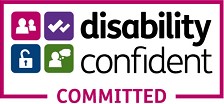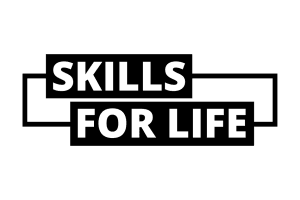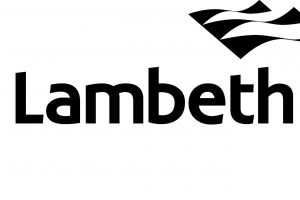This course invites pianists and music lovers to immerse themselves in the rich and vibrant world of Spanish piano music. Through a focused exploration of key works by composers such as Isaac Albéniz, Enrique Granados, Manuel de Falla, and Federico Mompou, students will gain deeper insights into the musical language, cultural influences, and technical demands of Spain’s piano repertoire. Combining performance, listening, historical context, and stylistic analysis, the course aims to deepen artistic interpretation and appreciation of this uniquely colorful tradition.
Piano Masterpieces of Spain: Exploring Spanish Composers
When & Where
-
3 November 2025 - 1 December 2025 ( 10 hours, 5 weeks )
- Monday
-
View course timetable
-
Waterloo Centre
Quick Facts
- Availability Yes
- Tutor Maria Canyigueral
- Course Code W25CCLA26A
- Suitable For 19 year olds and up are permitted on this course
What you will learn
Learning Outcomes
By the end of this course, you will be able to:
- Identify stylistic characteristics and historical influences in major Spanish piano works.
- Perform selected Spanish piano repertoire with appropriate stylistic awareness and technical control.
- Analyze pieces using formal, harmonic, and rhythmic frameworks, with attention to nationalistic and folkloric elements.
- Communicate interpretative choices both verbally and through performance.
Cost
Class format and activities
Lectures and Listening Sessions: Explore historical context, composer biographies, and stylistic traits. Performance Workshops: Students perform works or excerpts in class for feedback and discussion. Masterclass-style Sessions: Focused on interpretation, colour, and articulation. Score Study and Analysis: Guided analysis of key pieces such as Iberia (Albéniz), Goyescas (Granados), and Canción y danza (Mompou). Final Recital: Students will present a polished performance.
Entry requirements
Advanced piano skills (approximately Grade 8 ABRSM or above)Ability to read and interpret piano scores fluently.
What you need to know before you enrol
This is a performance-based course; you will be expected to prepare pieces between sessions and actively participate in in-class workshops. Spanish piano music often features complex rhythms, rich textures, and nuanced articulation—expect a technical and musical challenge. Knowledge of Romantic and early 20th-century music styles will enhance your understanding, though it's not required.
What you need
Access to a piano for regular practice. Copies (physical or digital) of assigned scores; some may be provided by the tutor or available in the public domain. Notebook or digital device for class notes and score annotations. Recording device (optional) for self-assessment and reflection.









